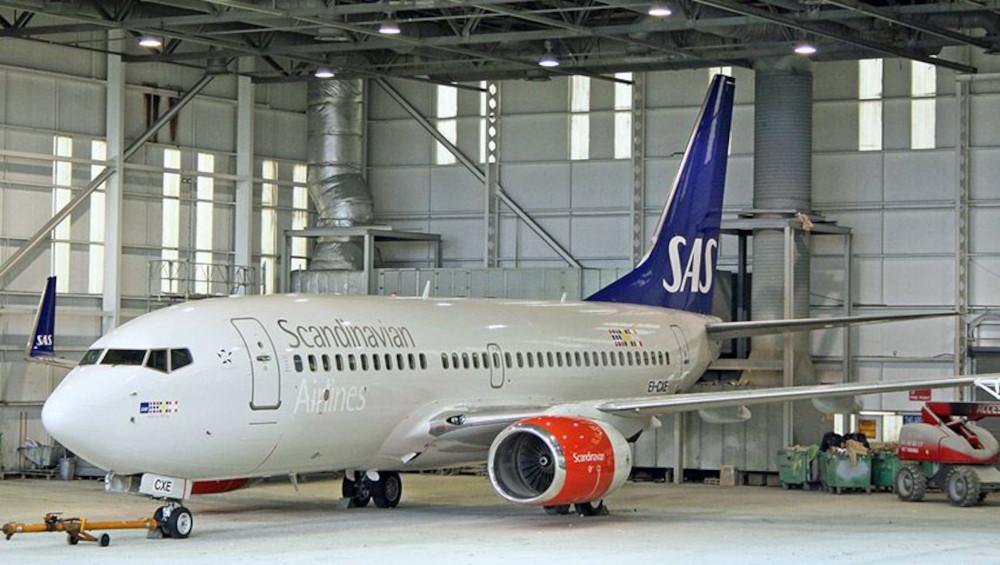
As part of a deal which included Eirtech Aviation Services, IAC was acquired by U.S. private equity firm Tiger Infrastructure Partners last week.
Since the start of the COVID-19 pandemic nearly three years ago, many expected consolidation to take place in the commercial aftermarket.
There have been only some signs of this expected consolidation in the subsequent period which, aside from a few large ticket deals, has been largely subdued.
Last week in Europe, two notable MRO-related acquisitions closed in the airframe and component segments—market segments primed for consolidation over the next few years.
First, private equity firm Tiger Infrastructure Partners took over Ireland-headquartered aircraft painting specialist International Aerospace Coatings (IAC) on Dec. 5. The deal also included its Shannon-based repair and asset management business, Eirtech Aviation Services.
IAC is no stranger to private equity ownership, having previously been under the majority ownership of Los Angeles-based Vance Street Capital since 2012. Vance Street Capital eventually took a majority stake in Eirtech in 2019.
The acquisition continues the trend of private equity money pouring into the industry, a common occurrence both before and during the pandemic. While this looks set to continue into the industry’s recovery phase, given that private equity’s enthusiasm for aviation investments shows no sign of abating, the compelling question is exactly where in the industry, and particularly in the commercial aftermarket, this money will be spent.
Another notable agreement completed last week, albeit with no private equity involvement, was U.S. aftermarket specialist C&L Aviation Group purchasing UK-based MRO provider ACLAS Technics. The acquired company specializes in structural component repair and overhaul for Boeing 737, 747, 757, 777, Airbus A320, A330 and ATR 42 and ATR 72 aircraft.
Interestingly, C&L mentioned the Livingston, Scotland-located company’s turboprop parts repair capabilities during its confirmation of the deal, a market segment it has sought further capability for in recent years.
While the turboprop segment is smaller in fleet size than narrowbody and widebody aircraft and features fewer players, it still represents a sizeable business opportunity, particularly thanks to its strong comeback in Asia-Pacific since COVID-19.
More companies are expected to diversify MRO service offerings targeting specific market segments next year. And, since the change in market dynamics could lead to more willing sellers, 2023 could be a year when volume of acquisitions begins to grow.



